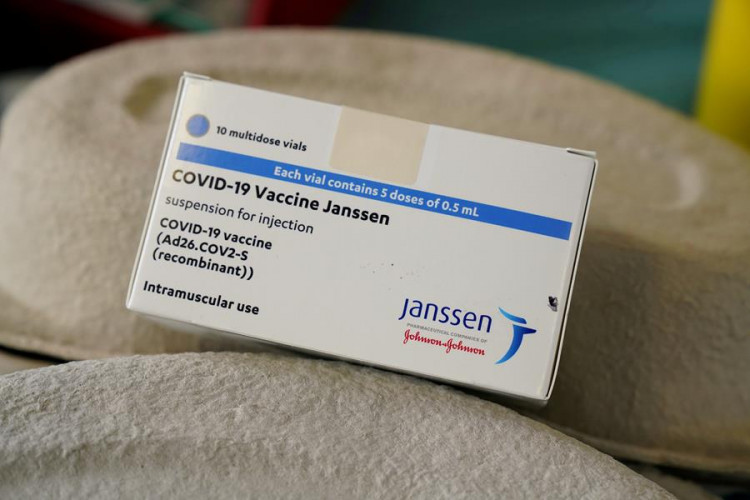Local health officials confirmed Tuesday morning that a woman from King County, Washington, died of a rare blood clotting disease after getting the Johnson & Johnson COVID-19 vaccine.
The woman, in her late 30s, had a COVID-19 vaccine on Aug. 26 and died on Sept. 7, according to Public Health-Seattle & King County.
The Centers for Disease Control and Prevention confirmed the woman's death from a rare blood clotting disease that has killed three other people.
The woman was diagnosed to have died of thrombosis with thrombocytopenia syndrome (TTS), which is a rare but "potentially serious adverse event in patients who received the Johnson & Johnson vaccine," the statement read. According to the CDC, TTS is defined as blood clots with low platelets.
"Our first goal is the safety and well-being of every individual who gets a Johnson & Johnson product," a company representative told CNN.
"Sadly, this is Washington State's first such fatality. We express our heartfelt sympathies to her family and friends," the Washington State Department of Health and Human Services ,
As of July 8, 2021, King County officials reported that 12.5 million doses of the J&J vaccine have been delivered. According to the CDC, 38 persons who received the same jab developed the same type of abnormal blood clot, with the majority of them surviving.
The woman was not officially identified by the public health organizations, but according to an obituary in The Oregonian, she was a 37-year-old Seattle resident named Jessica Berg Wilson who died on Sept. 7 from "COVID-19 vaccine-induced thrombotic thrombocytopenia." Wilson, a Portland native, had no underlying health issues, her obituary shows.
After a small number of reports of blood clots among patients who had received the J&J vaccine, most of whom were women younger than 50, the CDC and the U.S. Food and Drug Administration suggested a stop in the use of the vaccine earlier this year.
When the shots resumed, Johnson & Johnson vaccine recipients were warned about symptoms that could signal blood clotting, which officials noted are uncommon.
Johnson & Johnson officials argue the benefits of the single-dose vaccine outweigh the danger of the rare blood clots.






